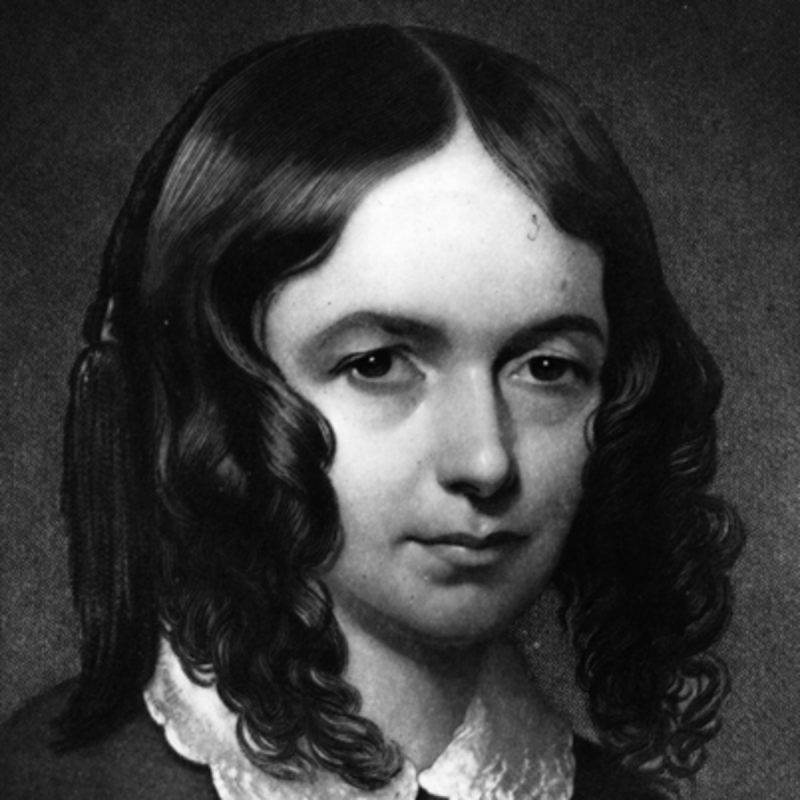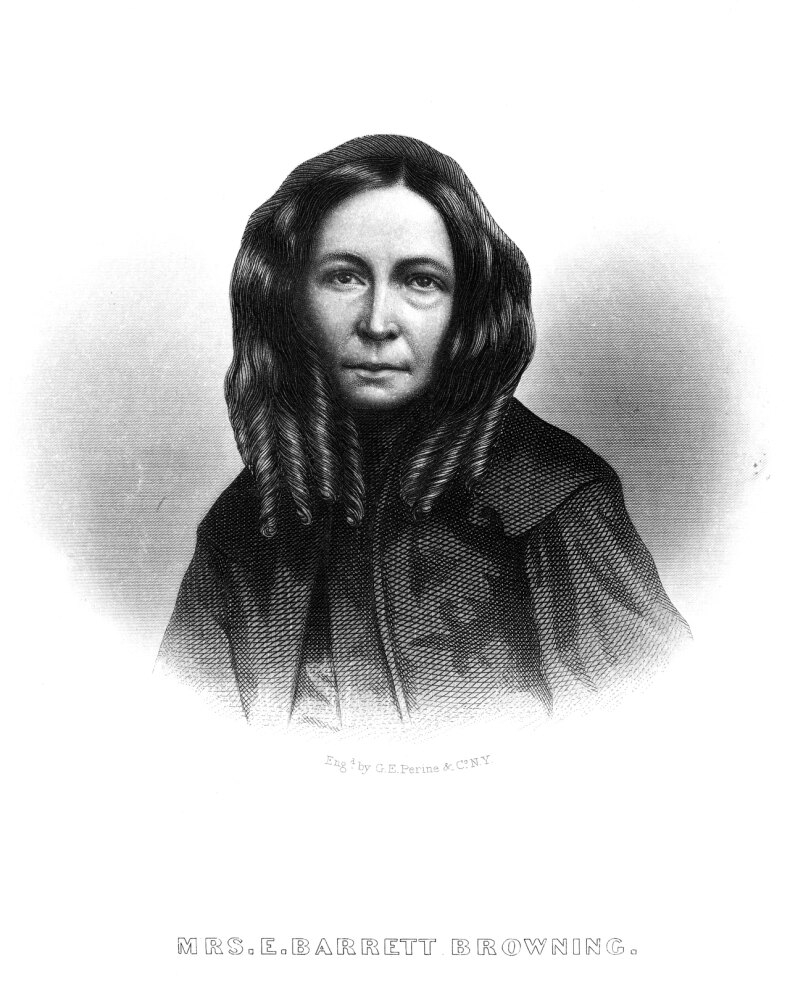She also wrote verse excoriating child labour, slavery, and forced prostitution
This makes logical in a way considering that Browning wrote with the United States in mind, where women weren't given the right to vote until 1920. The Boston Female Anti-Slavery Society's gift book The Liberty Bell, which is available at their events, first published "The Runaway Slave at Pilgrim's Point." But the sheer fact that it exists demonstrates Brophy's thesis; rather from taking direct action, women who opposed slavery had to make political reform appeal to those who could. Due of this necessity, black lives are reduced to literary devices, further removing the real-life realities of slaves.
Even more troublesome today are the terms Browning chose to accomplish that purpose. In fact, according to one professor, the monologue structure keeps her pupils from even noticing that the poem is meant to be written from the perspective of a black woman. Although we can't turn the clock back and push people to record more oral histories of former slaves or let black people speak for themselves, poems like Browning's highlight the need of preserving and elevating the experiences of oppressed people.








